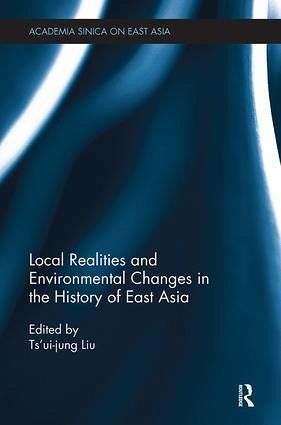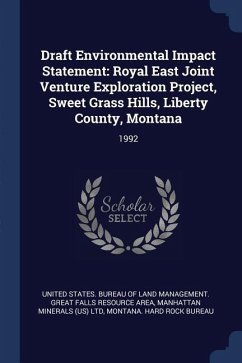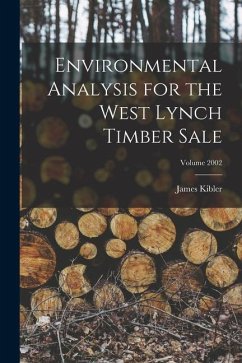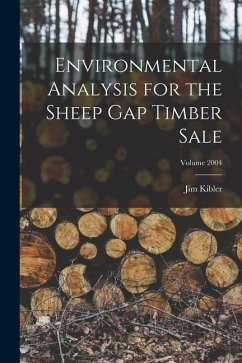
Local Realities and Environmental Changes in the History of East Asia
Versandkostenfrei!
Versandfertig in 1-2 Wochen
65,99 €
inkl. MwSt.
Weitere Ausgaben:

PAYBACK Punkte
33 °P sammeln!
Environmental history has evolved into a well-established historical subfield which has broadened the horizons of historical research, beyond human affairs, to include the study of human interactions with natural and man-made environments. This broadened scope has attracted scholars from many different fields; a development which is reflected by this volume as it highlights the recent studies on East Asian environmental history by scholars of History, Economic History, Political ecology, Sociology and Environmental Studies. This book examines the local realities and environmental changes in Ea...
Environmental history has evolved into a well-established historical subfield which has broadened the horizons of historical research, beyond human affairs, to include the study of human interactions with natural and man-made environments. This broadened scope has attracted scholars from many different fields; a development which is reflected by this volume as it highlights the recent studies on East Asian environmental history by scholars of History, Economic History, Political ecology, Sociology and Environmental Studies. This book examines the local realities and environmental changes in East Asia, and is one of a few publications in English on the subject. Contributors apply rich historical material, maps and statistical data to reveal the local environmental realities infused by global perspectives. Part I deals with attitude toward nature, focusing on the soundscape conceived by traditional Chinese literati and on "industrious revolution" in Tokugawa Japan. Part II includes four case studies which respectively discuss the hydraulic management and political ecology in the Yongle reign (1403-1424), the "Woosung Bar" controversy in the 1870s, the expansion of Daihaizi Reservoir in Xinjiang in the 1950s, and interactions between the indigenous communities and NGOs in Hualien, Taiwan. Part III presents case studies of Japan dealing with natural disasters: volcano eruption, floods, and the human actions around Tokyo since the eighteenth century. These chapters and the insights they offer provide the reader with the most recent research on East Asian environmental history. Covering the geographical areas of Japan, North and Northwest China, the Lower Yangzi Delta and Taiwan, and the timeframe spanning the seventh century BC to the present day, the book will be of great interest to anyone studying the history of East Asia, environmental history or environmental studies.














